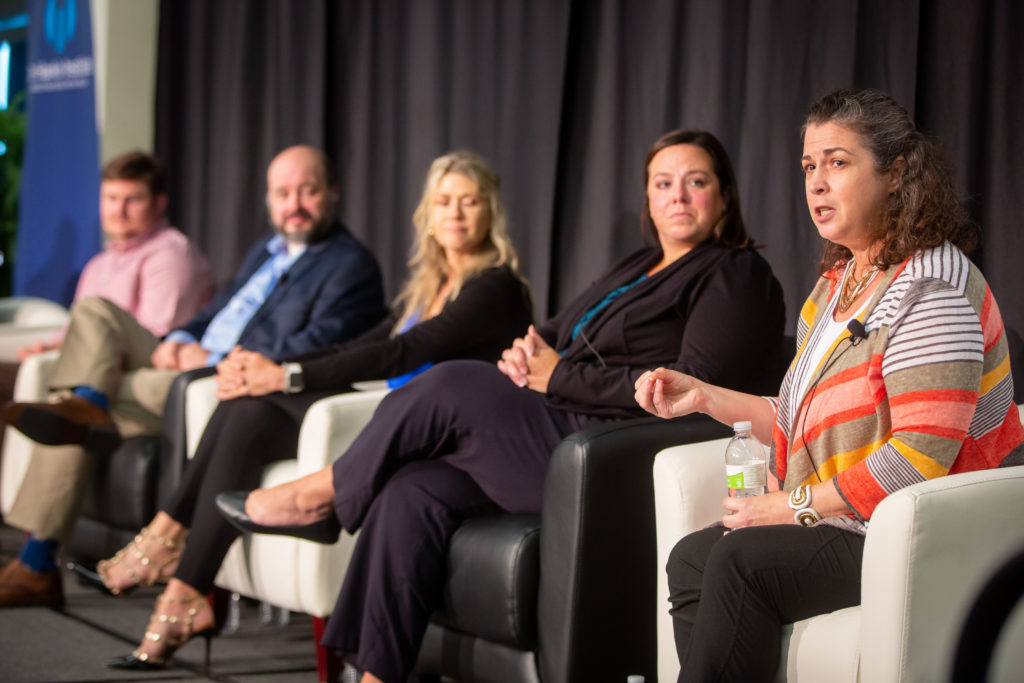
The Harkin Institute hosted its annual Summit on Disability Employment on Aug. 19 in Ankeny, where businesses and disability service providers participated in conversations discussing how to ensure people with disabilities are included and valued in companies’ workforces, the resources available and how to translate conversations into action.
In past years the summit took place internationally, but this year it was held in Iowa for the first time and put the spotlight on the state and gave companies here a chance to learn about the value that people with disabilities bring to the workforce, and about resources and the experiences of other businesses.
The Business Record caught up with some of those present for the event to hear about their takeaways and how their organizations serve local businesses and job seekers.
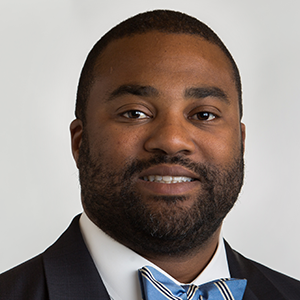
Harkin Institute Executive Director Joseph Jones said a clear issue driving attendance at the summit was the excess of available jobs across industries and a lack of workers to fill them. One of the summit’s moderators shared that the workforce in Iowa’s manufacturing sector alone grew 13% in the last 10 years, while the state’s population grew only about 5%.
“Those vacancies have driven companies to think more creatively into how they’re going to reach out to potential job applicants and what tools they use. It’s going to be incumbent upon everyone to think about jobs differently, [which] includes people with disabilities and others who may not have been given a chance to enter the workforce before,” Jones said.
The unemployment rate for Iowans with disabilities in 2019 was 9.1%, compared with a rate of 3.7% statewide, according to the Census Bureau. Jones said this is not a new trend.
Since the Americans with Disabilities Act was signed 31 years ago, he said, the country has seen more conversations about disability employment than actions. He hopes to see Iowa lead the way in the future and said he saw the start of that during the summit.
“The thing that stood out to me the most that I appreciated was that so many of the businesses were at different points in their evolution and how they were embracing disability as a part of their DEI plan. It was nice for the attendees to hear from other business leaders where they are,” he said.
One of those businesses is Shazam Inc., a financial services company founded in Des Moines.
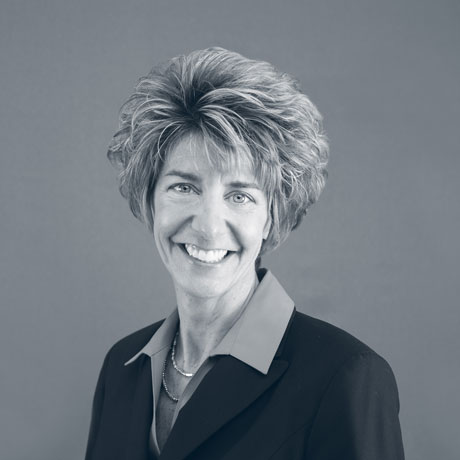
Around 2019, the Harkin Institute approached Shazam about talking with employees to discuss the institute and the upcoming 30-year anniversary of the ADA. Those conversations sparked ideas in company leaders like Executive Vice President and Chief HR Officer Jackie Rolow about how Shazam could approach hiring differently and make their jobs and applications accessible to people with disabilities.
One of Rolow’s takeaways from the summit was the importance of meeting workers where they are, and that means putting job opportunities in front of groups like people with disabilities rather than waiting for applicants to come to them.
“I’m a believer in if you do what you’ve always done, you’re going to get what you’ve always got,” she said.
With support from senior leadership, Rolow took steps to start building a new hiring initiative in early 2020, but it was put on pause by the pandemic and the shift to virtual environments. As Shazam returns to the office in coming months, there will be chances to restart the initiative and apply lessons from the summit.
For Shazam, Rolow said the guiding principles when hiring anyone include looking for people who will not simply fit into company culture but add to it as well.
“Hiring good people is what we do, and whatever the makeup or whatever individuals bring to the table, that’s bringing their full self, and that’s what we embrace,” she said.
Rolow emphasized that Shazam is not “on the leading edge” in disability employment right now, but it is striving to get there by learning from other businesses and working to first understand what the person with disabilities needs to be successful.
Finding the tools to be inclusive with resources across the state
For businesses like Shazam that had not previously looked at expanding their workforce to include people with disabilities, services like Iowa Vocational Rehabilitation Services have the tools to guide them.
In addition to working with job-seeking individuals with disabilities, IVRS partners with area businesses to communicate the value of including people with disabilities in their workforce with sensitivity training and collaborating directly with teams to prepare to meet individuals where they are.
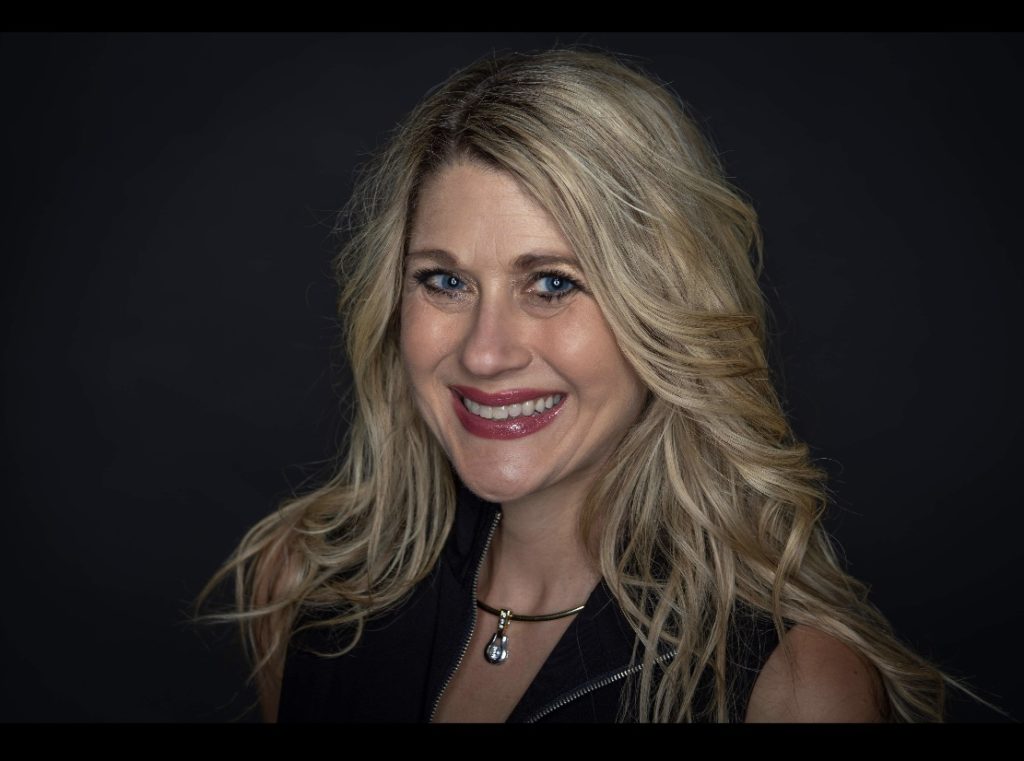
“One of the most important things is making sure that it’s going to be an environment that’s accepting of people with different abilities, so that when a business invests in hiring, it’s a long-term success for everybody,” IVRS Director of Business Relations Michelle Krefft said.
Advising a business means anything from discussing tax credits and how to adapt application and hiring processes to looking at different ways to structure the job or the work environment to work for people with disabilities.
Due to recent labor shortages, more businesses are reaching out with interest in partnering with IVRS. Krefft said coming to the table is the best first step, but the next thing businesses need is willingness to consider how they can adapt current practices to accommodate people with disabilities.
“Just because [someone] has a disability doesn’t mean they don’t have a path to production,” she said. “We might need to look at how it might be done differently than we’ve always done it in the past. As long as they’re meeting the essential function and producing the good or service they need to be able to produce, it doesn’t matter how they get there, as long as they get there.”
Krefft said it was meaningful to hear businesses at the summit talk about their motivation to hire people with disabilities not simply out of obligation and it being the right thing, but because they understand the value they bring to companies.
Many panelists spoke about how changes to a process that began as an accommodation for an employee with a disability were discovered to be beneficial for more teams or the whole company too. For example, Kyle Roed of CPM Holdings Inc., said an accommodation his company applied on a larger scale saved the company around $14,000 in overtime costs.
Solutions that support people with disabilities in the workplace vary depending on the disability itself and what the person feels most comfortable using. Easterseals Iowa’s Assistive Technology Program is where individuals can go to figure out what will work best for them.
Through the program’s lending library, Iowans can access more than 1,500 devices, from communication or adaptive devices to solutions that help with daily activities or health and wellness. Devices will be lent for up to 30 days to try out at home or in the workplace while users decide what works best for them. Then the team at Easterseals can help them find and order that product from a third party.
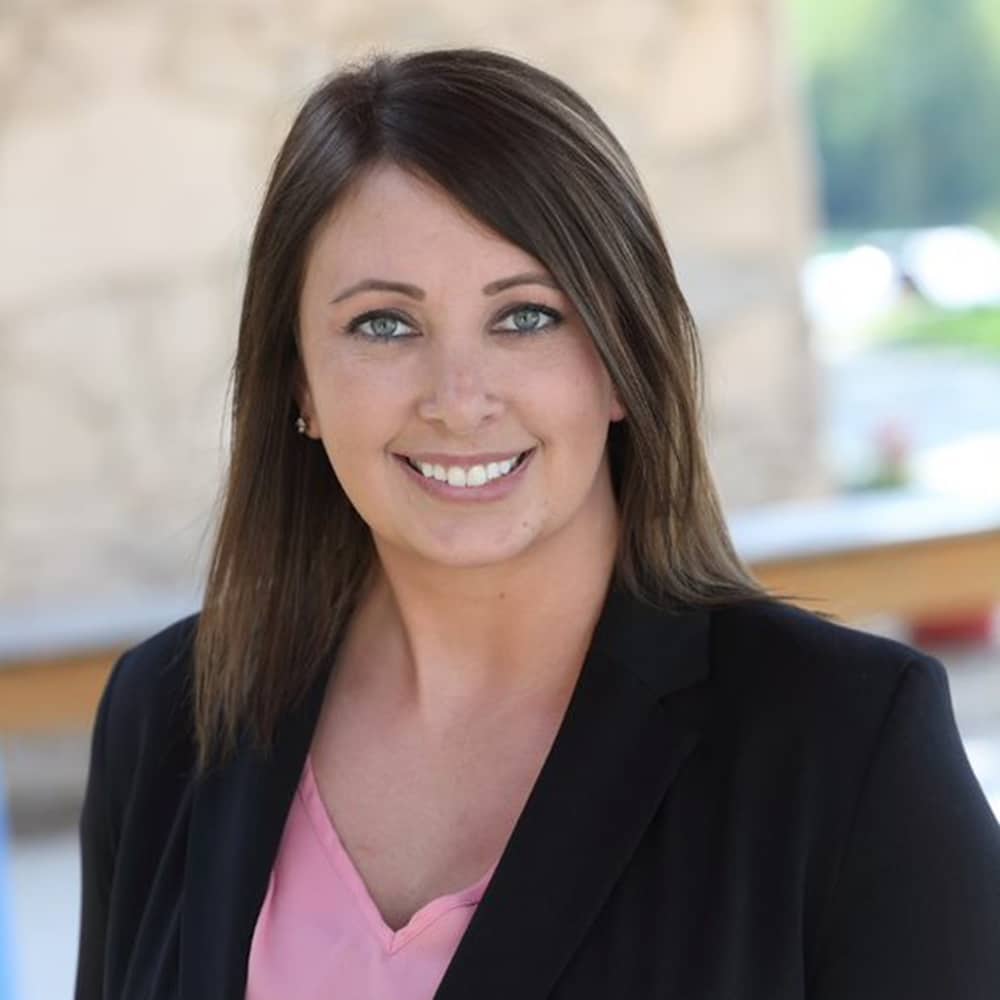
Kim Chance, the Rural Solutions and Assistive Technology Center team lead at Easterseals Iowa, said she often is not there to act as the expert in any one area but rather to provide support and referral to other Easterseals programs or to the right professionals to make sure they can achieve employment and other goals.
“When we [have] conversations with individuals, we talk about what are the barriers, what’s getting in the way of you getting employment, of you living independently, of you dressing yourself in the morning or making breakfast? Individuals usually solve their own problems in a way, and sometimes my role is just to play the safety police and say, ‘OK, if we’re handling a knife with our feet, are there other options to make sure we can do it safely?’” Chance said.
The Assistive Technology Program primarily works with individuals directly, serving more than 1,300 Iowans in the 2019-2020 fiscal year, but Chance’s team also provides training to educate anyone who is interested in what assistive technology is. While many businesses were shut down in 2020, her team launched more trainings and educational programs, reaching more than 1,200 people in the last fiscal year.
Chance’s takeaway for others about assistive technology is that it is only one tool in the tool box, not a magic wand that provides people with a job.
“There’s no device that I can hand somebody and be like, ‘Here you go, now you’re employable.’ It’s really that individual is employable, anyway,” she said. “The reason why they’re having any barriers getting a job is what we can look at.”
Learn more about the Easterseals Iowa’s Assistive Technology Program and contact Michelle Krefft on LinkedIn or at michelle.krefft@iowa.gov about services available through Iowa Vocational Rehabilitation Services.